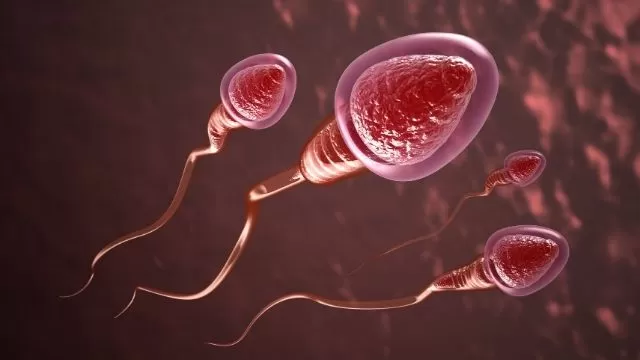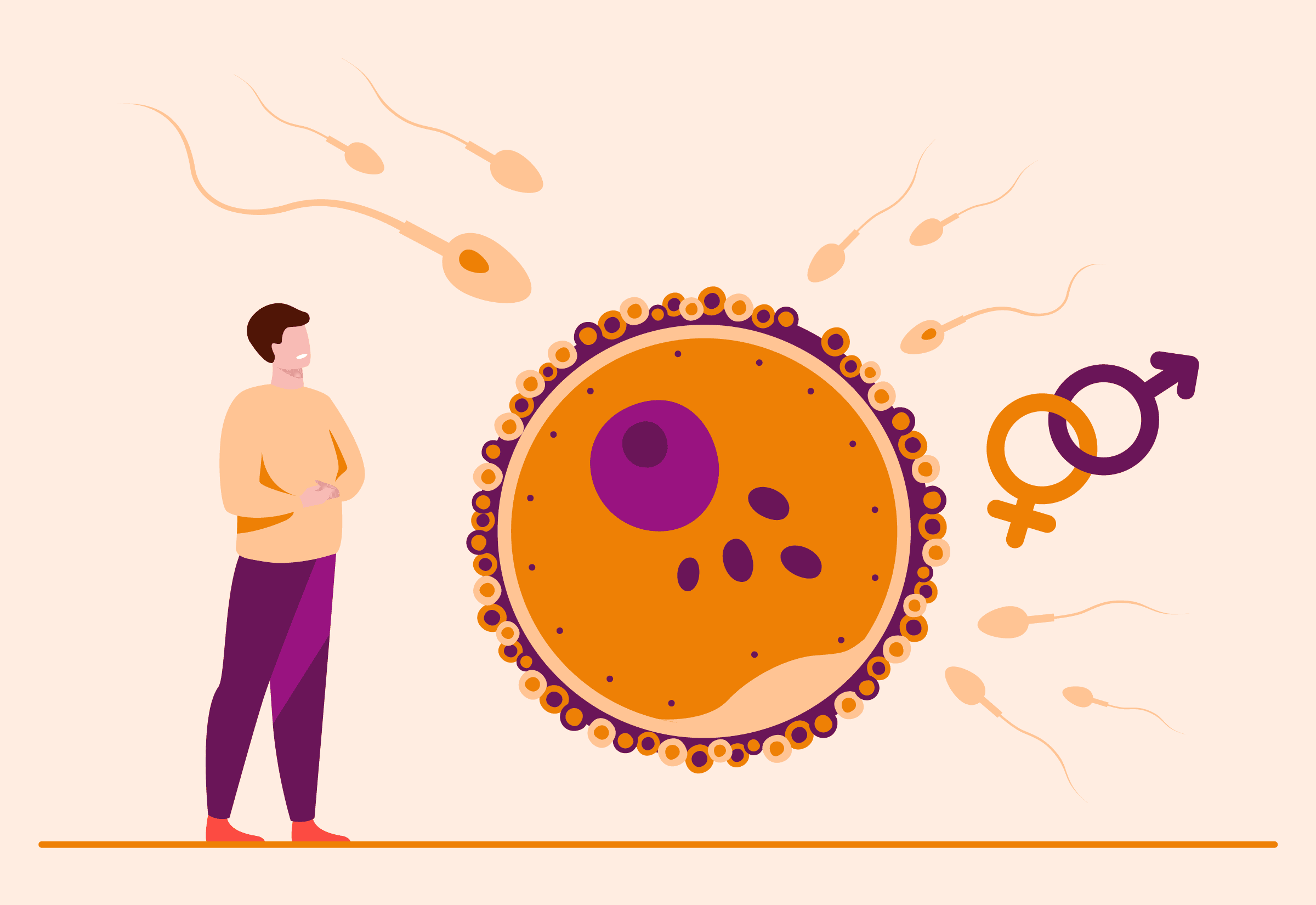What is the meaning of Low sperm count?
The issue of decreasing semen quality got attention in the year 1992 when Carlsen disclosed that the mean sperm concentration fell from 113 to 66 million/ml in the past 50 years. There are many disorders including psychological problems, physical and hormonal problems that can cause infertility in males. Let’s understand some basic concepts related to sperms
Difference between normal vs low sperm count vs Azoospermia
Normal Sperm Count TNormal sperm count range from 15 million to greater than 200 million sperm per millilitre of semen. One that has 15 million or more sperms per mm is considered to have a normal sperm count. One has a low sperm count if he has fewer than 15 million sperm per millilitre or less than 39 million sperm total per ejaculate.
Low Sperm Count: When a man’s semen contains less than normal sperm count at the time of ejaculation, it indicates a low sperm count. Doctors call it oligospermia in medical terms. Having less than 15 million sperms per millilitre refers to a lower sperm count or oligospermia. It decreases the chance of fertilizing the egg of your partner, but don’t lose hopes because with the right treatment many men became fathers in the past despite having a low sperm count.
Azoospermia: Another similar condition, azoospermia indicates the complete absence of sperm in the semen sample. There are many factors that are involved in the process of reproduction, and out of these, sperm in your semen is just one factor. Some men with low sperm count successfully become the father of their children. Similarly, some men with normal sperm count are unable to do so. In some cases, even if you have enough sperm count, other factors are also important to achieve a pregnancy.
Low sperm count causes
Production of sperms starts at the level of the brain as organs like the hypothalamus and pituitary glands produce hormones to trigger the production of sperm in a male in the testes. After the production of sperm, delicate tubes transfer them to mix with the seminal fluid. After this happens, sperms come out of the penis during ejaculation. Now, if there is any problem that occurs in this whole system, it will affect the production of sperms.
There can be a problem in the pituitary gland or in the testicles where sperms are produced. In oligospermia, this normal production of sperms can not take place, and it affects the normal quantity of sperm production.
Low sperm count symptoms & When to see a doctor
A man with a low sperm count will face difficulty in having a child. In oligospermia, there can be a problem with hormones, an inherited chromosomal abnormality, blockage in the sperm passage and dilated testicular veins.
There are many signs of low sperm count, these are as follows:
1. The majority of the times there may be no symptom unless the male partner gets his sperm
count testing done as the couple is unable to conceive.
2. The men with low sperm count may face sexual problems like low sex drive.
3. These men may feel some lump and pain in their testicle area.
4. Many men will have hormonal abnormality which causes loss of body and facial hair.
You need to consult a fertility doctor if your wife cannot conceive after regular intercourse without using protection. You should also visit a doctor if you have a low sex drive, problems of ejaculation or had a history of penis or scrotum surgery.
Diagnosis of Low sperm count
You need to see a doctor when you can notice a change in your sex life. If a man cannot make his partner pregnant, he needs to consider it as the first symptom of infertility. A doctor will evaluate the sperm count to understand the reason behind the failure of getting pregnant. It is advisable to evaluate the female partner also simultaneously.
1st Step: Detailed history and Medical Examination:
The doctor will take your history and examine the genitals to see if the person has gone through surgeries, chronic conditions, and injuries. So, the doctors try to find out the problem first, and then they suggest the treatment which is appropriate for the patient.
2nd Step: Semen Analysis
Doctors will suggest doing a semen analysis test to diagnose the sperm count. Then, they will check the number of sperm appearing within a square or grid pattern. The doctors instruct you to carry out the following steps for semen analysis to be done. These include the following:
a.) They advise restricting you from ejaculating for the last two to five days before this test.
b.) They will ask you to collect the sperm sample by masturbation in the container preferably at
the fertility clinic. Sometimes it can be collected in special condoms during intercourse but
it is less accurate.
c.) Two weeks of the first round, you may need to give your sample for the second time. Sperm
counts also often fluctuate. Because of such factors, most doctors will take and check two
or more semen samples to ensure consistency between samples.
d.) To avoid using lubricants before giving the sample
3rd Step: Other Tests
Scrotal Ultrasound: To look at the testicles and other supporting structures, doctors use ultrasound that is scrotal Doppler. This is a scrotal ultrasound that helps to identify the problem.
Hormonal Testing: The doctor advises hormone tests to know about the production of the hormones by the pituitary gland and the testis. Low Testosterone levels and abnormalities in FSH and Prolactin levels may be responsible.
Post-ejaculation Urine Testing: Sometimes, the sperms go back to the bladder but do not come out of the penis while ejaculating. Post ejaculation urine analysis identifies this condition.
Genetic Testing: Another reason behind the low sperm count is genetic problems. A genetic test can reveal the abnormalities of the Y chromosome. It helps the doctors to understand the root cause of the problem.
Testicular Aspiration or Biopsy: This test involves removing samples from the testicle with a needle. The results of the testicular aspiration can tell if sperm production is normal. If this production is normal, your problem is likely caused by a blockage or another problem with sperm transport.
Transrectal Ultrasound: By this ultrasound, the doctors check the prostate and seminal vesicle blockage. It tests the flow of sperm and not used commonly.



